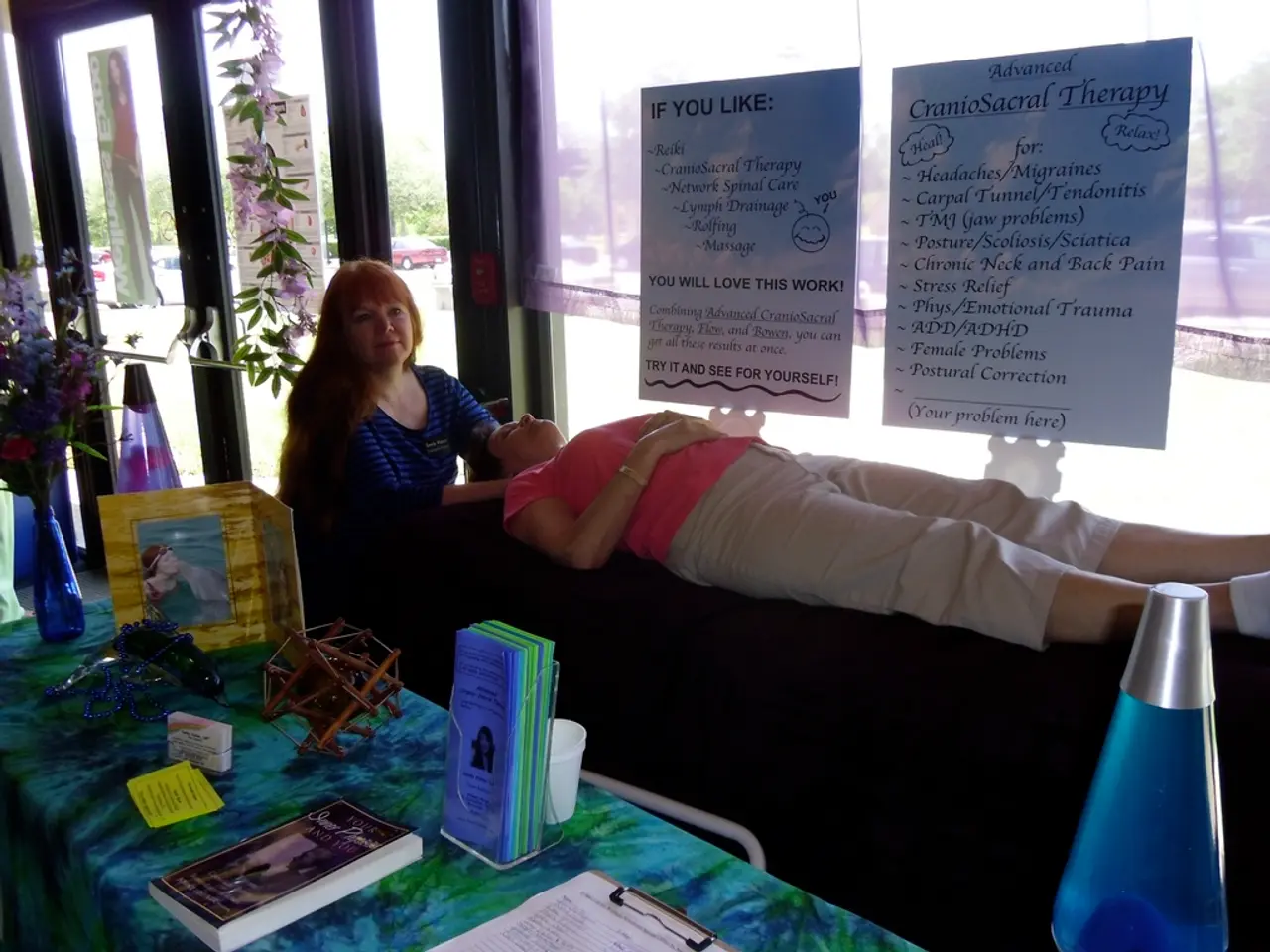Exploring Self-Worth through Empathy: Bolstering Self-Esteem with Kindness
In the ever-connected world we live in, comparison has become an innate need, a tool to understand one's place in the world and assess social status. However, unhealthy comparison can lead to increased stress, anxiety, depression, lack of focus on personal goals, and reduced motivation.
To combat this, psychologists suggest several strategies. One effective method is to limit social media use, as it often fosters upward social comparisons that lower self-esteem and increase depression symptoms. Remind yourself that online portrayals are not full reality; avoid harsh judgments based on others' posts and instead invest energy in nurturing positive relationships and personal growth.
Another strategy is to practice daily gratitude by listing things you appreciate in your life and accomplishments. This redirects attention towards your own positive attributes and successes rather than others’. Recognizing the root of comparison tendencies, such as low self-esteem, anxiety, or learned behaviors, can help cultivate self-compassion and address underlying emotional needs.
Building a supportive social network that lifts self-esteem and self-worth is also crucial. Speaking positively about oneself as a replacement for harsh thoughts and taking time to celebrate both small and big achievements in one's journey can boost confidence and self-worth.
Downward comparison, comparing oneself with those whose circumstances are less favorable, can provide a sense of perspective and appreciation for one's own situation. Becoming aware of triggers that lead to comparison and trying to avoid or reduce them can help break the automatic habit of comparison.
Acknowledging that it's okay to slip up and compare oneself to others, and viewing comparisons as an inspiration to grow rather than a proof of inadequacy, is a healthy approach. Writing down things one is thankful for to stay mindful of the good in one's life, and repeating positive affirmations each day to remind oneself of one's worth, are simple yet powerful practices.
Understanding that everyone faces challenges and remembering that others' success does not mean they did not face struggles can help lessen the harmful effects of comparison. Continuous comparisons to others, especially those of a superior status, can gradually undermine confidence and self-esteem. Unhealthy comparison can also result in increased risk of mental health disorders, difficult relationships, and loss of direction.
Psychological research, particularly the Social Comparison Theory, explains the need to compare and identifies two main types: upward and downward comparison. Focusing on past and present accomplishments and difficulties overcome can challenge feelings of inadequacy. Recognizing the instinctual nature of comparison and choosing to stop thinking about it without self-criticism is a key step towards improving self-esteem, mental health, emotional resilience, and enhancing life satisfaction.
[1] Cangialosi, A. (2024). The Impact of Social Media on Self-Esteem and Mental Health. Journal of Psychology.
[2] Haas, E. (2018). Overcoming Unhealthy Comparison: Strategies for Improving Self-Esteem and Mental Health. Psychology Today.
[4] Cangialosi, A. (2024). Building Self-Worth and Confidence: A Guide to Breaking the Comparison Habit. Self-Help Books.








